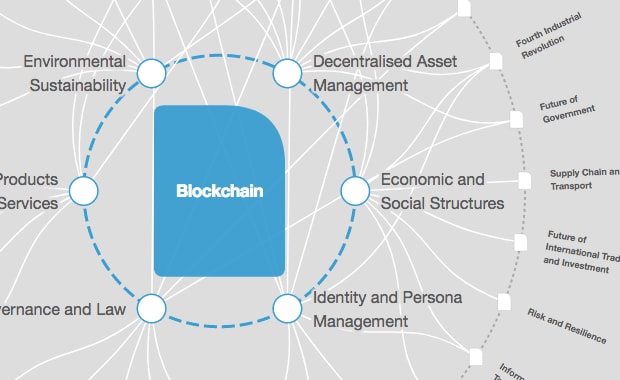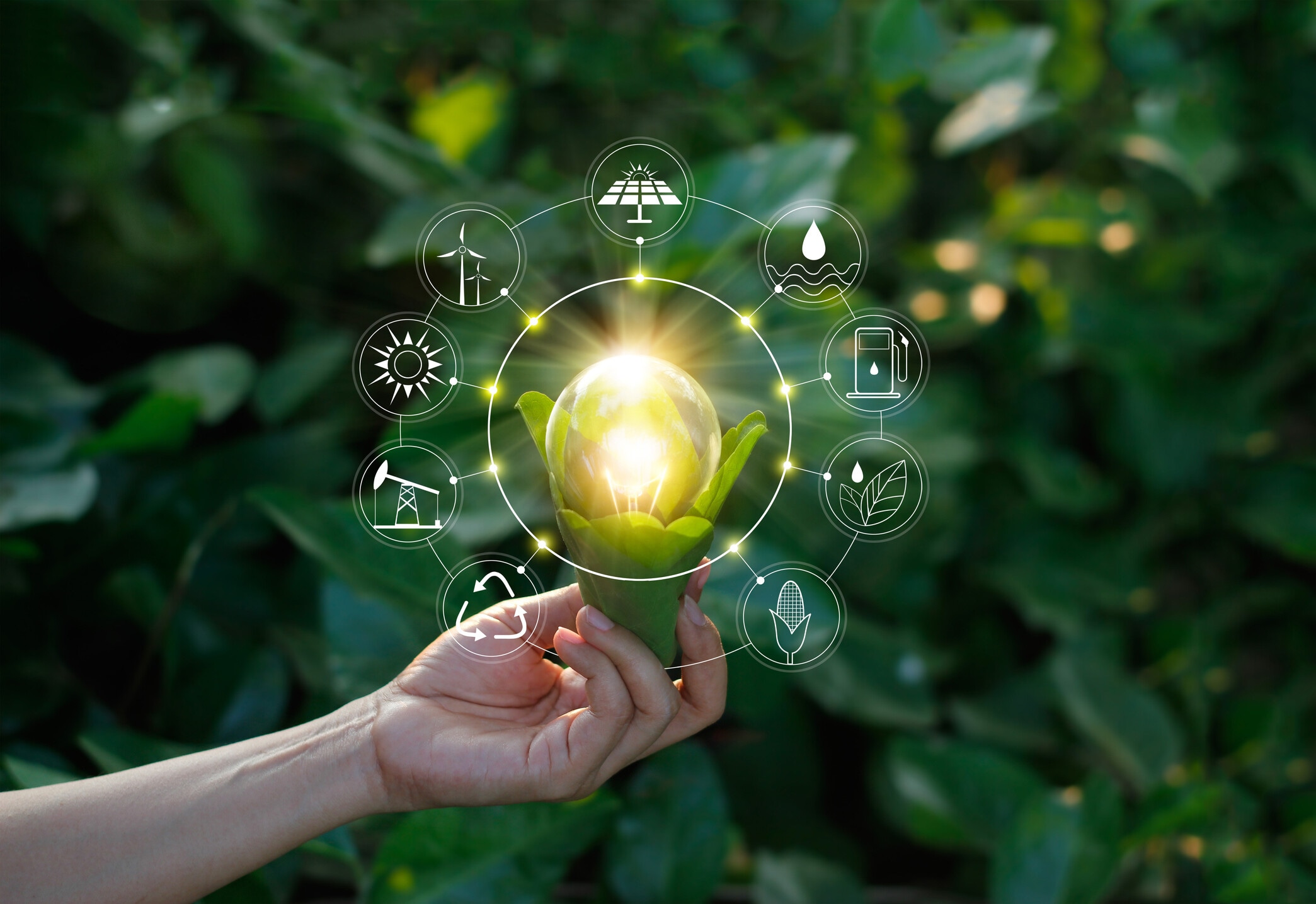Blockchain could boost global trade by $1 trillion

Paper trading processes are time-consuming, expensive and centuries old. The future is blockchain, a report suggests. Image: Stephen Dawson/Unsplash

Get involved with our crowdsourced digital platform to deliver impact at scale
Stay up to date:
Blockchain
Distributed ledger technology such as blockchain could boost trade by more than $1 trillion in the next 10 years. That’s the assessment of a World Economic Forum white paper released this week.
Meanwhile, DLT is also set to revolutionize governments processes, and will almost certainly form part of future regulations on cross-border food and drink imports.
The findings come from Trade Tech – A New Age for Trade and Supply Chain Finance which looks at how Fourth Industrial Revolution technologies can beat the “paper monster” of legacy technologies by streamlining trade flows and supply chains.
The global trade financing gap currently stands at around $1.5 trillion – a figure that could rise to $2.4 trillion by 2025, the report’s authors warn.
But by removing barriers and streamlining trading processes, DLT could facilitate up to $1.1 trillion of new trade volume, roughly a 30% increase, significantly plugging the gap.

Small and medium-sized enterprises are set to benefit most of all, along with emerging markets. Current legacy methods, which are expensive and time-consuming, favour large multinationals with established trading and supply chain relationships.
“IBM and Maersk recently ran a test shipment of flowers from Kenya to the port of Rotterdam, the Netherlands, which resulted in a stack of nearly 200 communications documents – a big pile of paper accumulated along the way,” offer the authors in one eyebrow-raising example.
Centuries-old paper process can introduce errors, risks and delays, and make real-time updates and tracking more difficult. In contrast, DLTs, operating as “secure, shared databases”, will reduce waste, delays and transportation costs.
And if the efficiency gains aren’t enough, there’s the fraud argument. In recent years, banks have lost hundreds of millions of dollars through metals trading scams that rely on fake paper warehouse receipts – all of which would have been eliminated by DLT.
Have you read?
Meanwhile, distributed ledgers are being used to promote fair businesses practices in Malawi. A coalition of three banks, Sainsbury’s and Unilever have been rewarding local tea farmers with cheaper finance on the basis of data ranging from water usage to compliance with anti-slavery laws.
That’s not the only way 4IR technology is changing the game of international trade. “Single window” systems – routes for providing standardized documentation through a web portal – have reduced border clearance time in Senegal by 90%, from an average of two weeks to just one day, at the same time slicing costs by 60%.
The report, entitled Trade Tech: A New Age for Trade and Supply Chain Finance, is available in full here.
Don't miss any update on this topic
Create a free account and access your personalized content collection with our latest publications and analyses.
License and Republishing
World Economic Forum articles may be republished in accordance with the Creative Commons Attribution-NonCommercial-NoDerivatives 4.0 International Public License, and in accordance with our Terms of Use.
The views expressed in this article are those of the author alone and not the World Economic Forum.
The Agenda Weekly
A weekly update of the most important issues driving the global agenda
You can unsubscribe at any time using the link in our emails. For more details, review our privacy policy.
More on Emerging TechnologiesSee all
James Fell
April 26, 2024
Alok Medikepura Anil and Uwaidh Al Harethi
April 26, 2024
Thomas Beckley and Ross Genovese
April 25, 2024
Robin Pomeroy
April 25, 2024
Beena Ammanath
April 25, 2024
Muath Alduhishy
April 25, 2024






